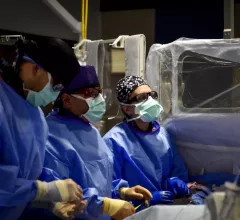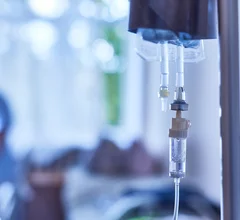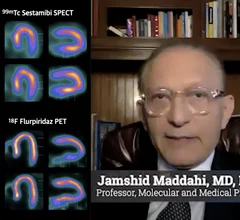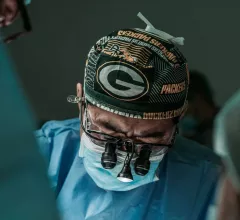Professional Associations
This page includes news coverage of medical associations and medical societies. Use these links to find focused news coverage from specific organizations: Cardiology Associations, Healthcare Associations, Radiology Associations.
Displaying 73 - 80 of 1255



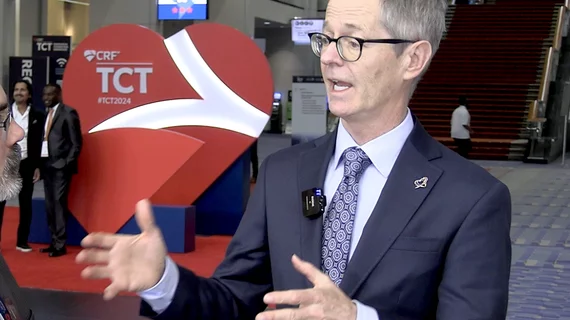


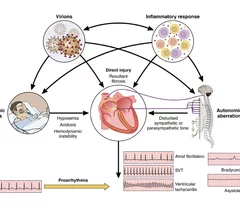
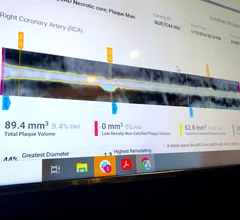
![Cardiologists have performed what they believe to be the world’s first substernal lead extraction, sharing their experience in JACC: Case Reports.[1]The device being extracted, Medtronic’s Aurora EV-ICD, received U.S. Food and Drug Administration (FDA) approval in October 2023.](/sites/default/files/styles/240x220/public/2024-10/screenshot_2024-10-11_at_11.56.29_am.png.webp?itok=uU3Fx85b)
